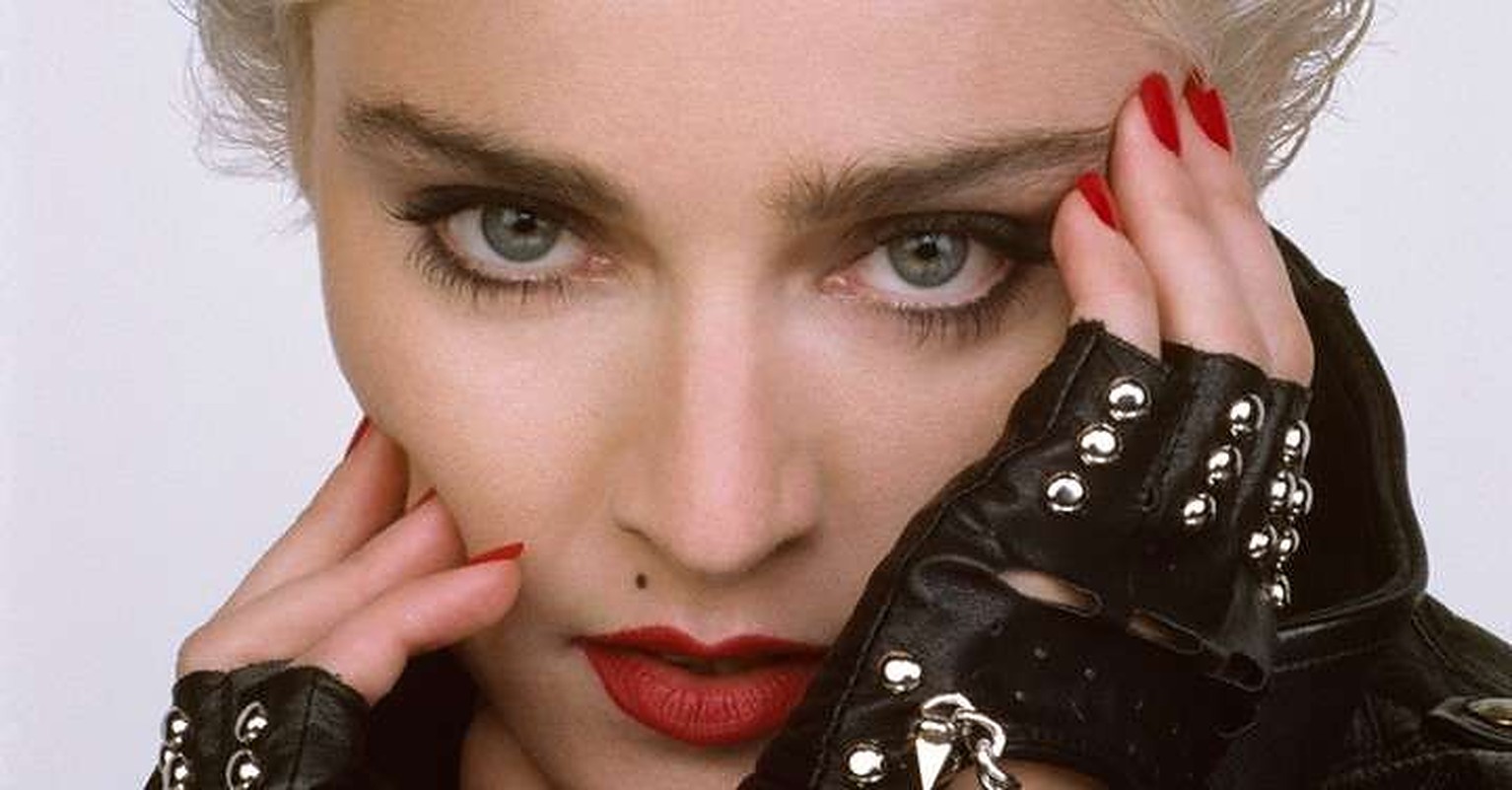Dancing around the stage, wearing a black leather jacket and a white Spanish-style dress, 29-year-old Madonna was performing her controversial 1986 hit ‘Papa Don’t Preach’ during her ‘Who’s That Girl’ tour in 1987, with the screen in the background showing portraits of Pope John Paul II and then-US President Ronald Reagan. Known for her powerful use of imagery, the performance juxtaposed images of prominent male figures behind her as she jumped around the stage, repeating passionately, papa don’t preach, I’m in trouble deep, papa don’t preach, I’ve been losing sleep. Like many of her other works, there was a huge confusion around the philosophy behind the song. Released during a polarizing time in the social history of the United States, when conservative religious movements were gaining momentum in parallel with liberal social and cultural changes, the song caused heated debates about its lyrical content, as she declares in the song, I made up my mind, I’m keeping my baby. Alfred Moran, executive director of Planned Parenthood of New York City, attacked the song in a 1986 New York Times article, saying that the “the message [of the song] is that…



